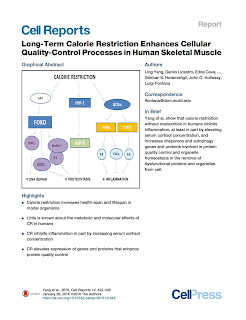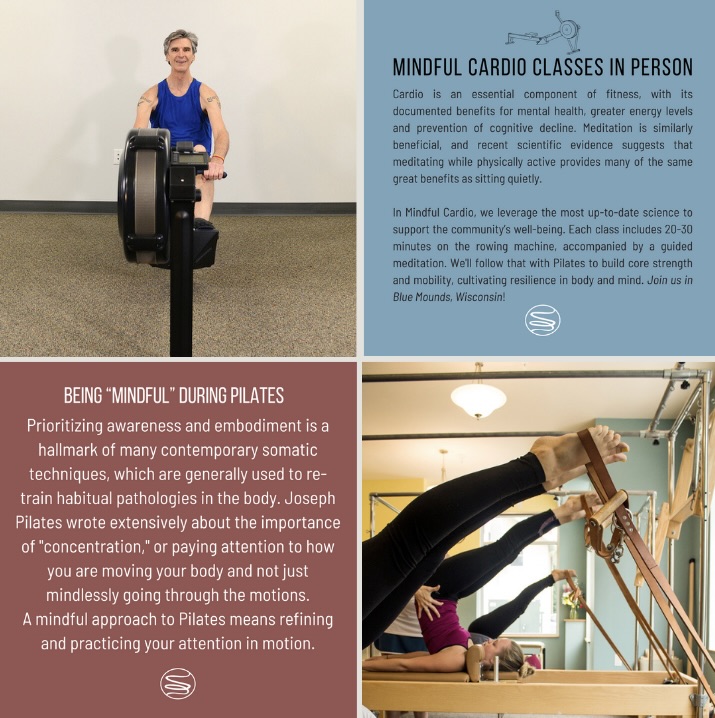Stuff I Learned - Week #10
 |
| A recent article on CR |
I have a pretty strong tendency toward ADHD. On the rare days that I find open space in my schedule, I often wander from task to task, like a vagabond in my own home. It's only through diligent mind-training (meditation) that I've reined in my random-walk mind in order to accomplish some of the goals that I've set for myself.
Even though I've largely learned to work with my ADHD tendencies, every so often I'm still reminded of my tendency toward this cognitive Brownian motion. Just the other day, I was on the PubMed website looking up a neuroimaging study on people with joint laxity (fascinating, BTW). While on PubMed, an article on calorie restriction (CR) appeared in the sidebar. I've been interested in CR for awhile, and quickly found myself shifting my focus from fMRI studies of the amygdala to discussions of longevity and age-related decline.
The non-ADHD subject of this blog
I've long been fascinated by the increased vitality and lifespan of animals that are fed reduced calorie diets. While the evidence is pretty strong in support of CR benefiting the health of animals (including worms, flies and rodents), the evidence supporting CR for humans is pretty scant.
To help bridge the gap in understanding how humans (and not mice!) may respond to CR, researchers at the University of Wisconsin are running a long-term study of monkeys fed CR diets. While the study is far from complete, the initial results are very encouraging. I think it's too early to draw any conclusions about humans, though the CR monkeys seem to be living longer and healthier than their heavier (but not obese) comrades.
As in many things science, there are different schools of thought on CR. Some studies make it sound like CR is the for-sure, next best thing, whereas other studies suggest that the CR benefits may be limited in humans. In a future blog I'll talk more about how I've adopted some (but not all) CR ideas into my personal approach to nutrition, but for now, I'd like to leave you with my favorite words of advice on food.
From Michael Pollan
As in many things science, there are different schools of thought on CR. Some studies make it sound like CR is the for-sure, next best thing, whereas other studies suggest that the CR benefits may be limited in humans. In a future blog I'll talk more about how I've adopted some (but not all) CR ideas into my personal approach to nutrition, but for now, I'd like to leave you with my favorite words of advice on food.
From Michael Pollan
- Eat Food
- Not Too Much
- Mainly Plants
Have a great week, and thanks for reading!



Comments